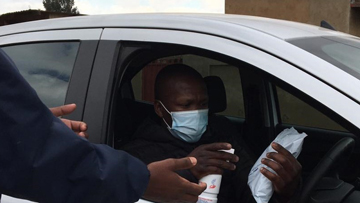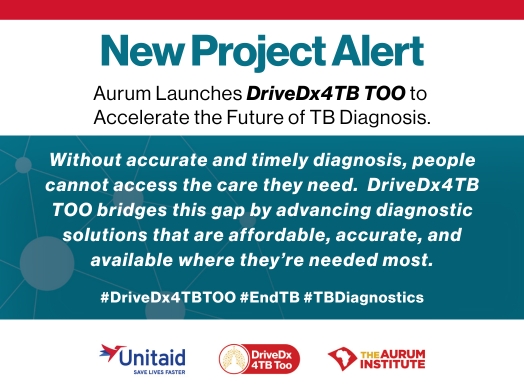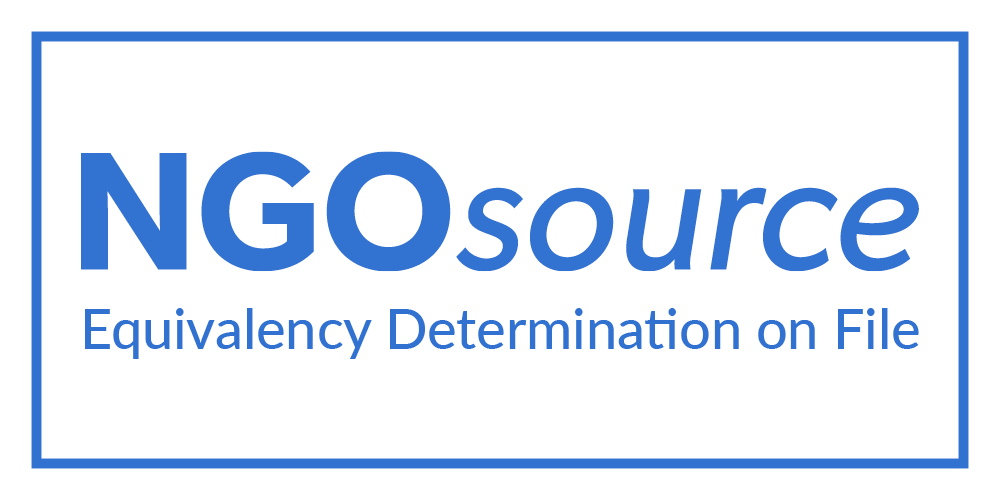Research shows two novel antibiotics could spare patients from severe side effects.
Johannesburg, 01.07.2025 – Two international clinical studies led by PD Dr Norbert Heinrich at the Institute of Infectious Diseases and Tropical Medicine at LMU University Hospital Munich with international partners have shown the safety and efficacy of two promising antibiotics as potential alternatives to linezolid in the treatment of tuberculosis.
The drugs, sutezolid and delpazolid, have demonstrated strong antimicrobial activity and a notably better safety profile compared to linezolid, with potential to replace this current cornerstone in the treatment of drug-resistant TB. The findings were published on 30 June in two peer-reviewed articles in The Lancet Infectious Diseases, one of the world’s leading journals in the field of infectious disease medicine. Research partners in Germany included the German Center for Infection Research (DZIF), Munich, the Fraunhofer Institute for Translational Medicine and Pharmacology ITMP, the Center for International Health at LMU University Hospital and Helmholtz Munich.
The Challenge with Linezolid
In 2022, the World Health Organisation introduced linezolid as part of the BPaLM regimen, also comprising bedaquiline, pretomanid, and moxifloxacin, as the standard recommended 6-month treatment for patients with multidrug-resistant TB—reducing the duration from the previous standard 18 months. However, linezolid is problematic for patients as it shows significant toxicity. This prolonged exposure to linezolid, much longer than the originally intended use for bacterial skin infections, frequently leads to serious adverse events like anaemia or optical neuropathy, which are distressing for patients, may not resolve fully, and can require discontinuation of therapy, limiting treatment success.
“Despite its effectiveness, linezolid is simply too toxic for many patients. We urgently need safer alternatives in this antibiotic class,” says PD Dr Norbert Heinrich.
Both sutezolid and delpazolid are members of the oxazolidinone class, like linezolid, but are less toxic for patients. In two innovative Phase 2b clinical trials – SUDOCU (PanACEA Sutezolid Dose-finding and Combination Evaluation) and DECODE (PanACEA DElpazolid Dose-finding and COmbination DEvelopment) – both drugs were tested in combination with bedaquiline, delamanid, and moxifloxacin, making them the first trials to use these specific four-drug combinations. The studies, conducted in South Africa and Tanzania, showed that in patients with drug-sensitive pulmonary TB, both drugs are safer and more tolerable for patients than linezolid would be.
Key findings show better patient outcomes
Sutezolid was shown to be effective with strong antibacterial activity and was well tolerated across all tested doses, with no cases of nerve damage or blood toxicity—a critical advantage over linezolid. These results suggest sutezolid could be a safer alternative for future TB treatment regimens, particularly in long-term use, although no final dose recommendation can be made yet.
Delpazolid enhanced the effectiveness of the combination regimen with bedaquiline, delamanid, and moxifloxacin. A once-daily dose of 1200 mg achieved the desired drug levels for maximum efficacy and was well tolerated over 16 weeks. Importantly, no cases of nerve damage or blood-related side effects were observed at this dose. These results position delpazolid as a promising alternative to linezolid for future TB treatment regimens—pending confirmation in larger studies.
“These findings suggest that both drugs may offer safer treatment options for TB patients, particularly those requiring longer courses of therapy,” – noted Dr Tina Minja, National PI for the DECODE study at NIMR-Mbeya Medical Research Centre in Tanzania.
A Collaborative Global Effort
The studies were conducted as part of the PanACEA (Pan-African Consortium for the Evaluation of Anti-Tuberculosis Antibiotics) network, which includes clinical and academic partners across Africa and Europe. Both the SUDOCU and DECODE trials were innovative Phase 2b, open-label, randomized clinical studies that systematically compared different dosing levels to evaluate antibacterial activity, drug exposure, and safety profiles of sutezolid and delpazolid.
The Aurum Institute contributed through its Tembisa and Pretoria Clinical Research Sites in South Africa, where patient recruitment and pharmacokinetic sub-studies were conducted. Aurum’s involvement is part of its long-standing commitment to advancing TB treatment through clinical research.
Aurum is proud of its and collaborators’ key involvement in the trials testing sutezolid and delpazolid — new drugs known as oxazolidinones in the SUDOCU and DECODE trials. These drugs demonstrate improved tolerance over linezolid, currently used in the treatment of resistant TB, and offer significant potential for pan-TB regimens that target all strains of tuberculosis, regardless of rifampicin susceptibility. Whether they may also serve as improved alternatives to linezolid in treating Methicillin-resistant Staphylococcus aureus (MRSA) remains to be studied.
“I’m delighted to see the positive findings from these trials. Before coming to Aurum, I led Pfizer’s phase 1 and 2 studies of sutezolid. Aurum is currently conducting a phase 2c EDCTP-supported trial of three 4-month sutezolid-containing regimens for a pan-TB indication. This trial will be completed early next year.
I remain very optimistic that the promise of superior antimycobacterial activity and superior safety exhibited by sutezolid will be maintained. These new regimens have the potential to change the face of TB treatment,” said Dr Robert Wallis, former SUDOCU Principal Investigator and Chief Scientific Officer at The Aurum Institute.
Looking Ahead
The publication in The Lancet Infectious Diseases underscores the scientific relevance of these results and their potential to shape future TB treatment strategies. “Seeing fewer side effects with sutezolid and delpazolid is a significant step forward—it brings us closer to TB therapies that are both effective and easier for patients to tolerate”, commented Dr Ivan Norena, medical team lead at the Institute of Infectious Diseases and Tropical Medicine at LMU University Hospital Munich.
Further research is now planned to evaluate sutezolid and delpazolid in larger cohorts and in fully optimised treatment combinations. If the promising results are confirmed, these drugs could play a critical role in the next generation of TB therapies, helping to reduce treatment-related side effects while maintaining efficacy.
Funding Acknowledgment
The SUDOCU study was conducted by the PanACEA consortium, funded by the EDCTP2 programme supported by the European Union with assistance from the Federal Ministry of Research, Technology and Space (BMFTR), and Nederlandse Organisatie voor Wetenschappelijk Onderzoek (NWO). Further funding was provided by the German Center for Infection Research (DZIF); Otsuka provided delamanid for this study at no cost to the consortium; and Sequella provided sutezolid active pharmaceutical ingredient at no cost.
Additionally, DECODE was funded by LigaChem Biosciences; and utilised the PanACEA consortium structures that were established with support by the funders mentioned above. Otsuka provided delamanid tablets free of charge for this project.
Further Information
Lancet Inf Dis Podcast with Lilian Tina Minja and Norbert Heinrich on TB drug development














